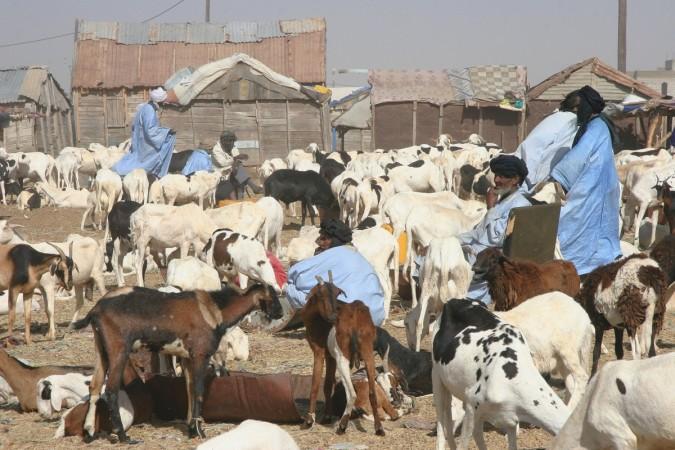Humans are a completely insignificant form of life on planet Earth. Of all living things including bugs, worms, trees, and animals, humans make up about 0.1 percent of it- that is less than one half of one half of one percent, yet, humans have been the most dominating and destructive thing to ever happen to this planet.
A new assessment of all life on the planet has estimated that the 7.6 billion people on Earth make up for a mere 0.01%, but since the beginning of civilisation, humans alone have wiped out about 83 percent of all mammals in the wild and about half the plant species that ever existed. The only animals that seem to thrive are the livestock kept by humans for consumption, reports the Guardian.
Of all the mammals on Earth, a staggering 60 percent is livestock and even they are mostly only cattle and pigs. Humans make up 36 percent of the mammal population and a paltry 4 percent are mammals. So, humans and the food we eat makes up 96 percent of mammalian life on the planet.
As for birds, farmed poultry makes up 70 percent of all birds with only 30 percent being truly wild.
"I was shocked to find there wasn't already a comprehensive, holistic estimate of all the different components of biomass," said Prof Ron Milo, at the Weizmann Institute of Science in Israel, who led the work.
"I would hope this gives people a perspective on the very dominant role that humanity now plays on Earth," he added.
This new study, notes the report, is the first time attempt to comprehensively estimate the "weight of every class of living creature". It has, as a result also overturned several long-held assumptions about life on Earth. Bacteria, for example, is a major life form and makes up about 13 percent of all life. Other living creatures like animals, insects, fungi, fish, and mammals make up only five percent of Earth's biomass.

A big surprise came from a BBC's documentary series Blue Planet-II, where the oceans of the world, was revealed to contain only one percent of the planet's biomass. Most life on Earth is land-based, but one-eighth of it is bacteria, buried deep underground.
By simple weight measures, humans are puny. Just the viruses alone weigh three times more than all homo sapiens, worms also weigh three times more than humans, fish weigh 12 times more than people, and fungi about 200 times.
In spite of this, human domination is near absolute. In fact, human activity has triggered what scientists believe is the sixth mass extinction event since life began on the planet, because of the way humans seem to make way for development by destroying wild habitats. In just the last 50 years, the Earth has lost about half its animals.
"It is definitely striking, our disproportionate place on Earth," said Milo. "When I do a puzzle with my daughters, there is usually an elephant next to a giraffe next to a rhino. But if I was trying to give them a more realistic sense of the world, it would be a cow next to a cow next to a cow and then a chicken."
This study was first published in the journal Proceedings of the National Academy of Sciences.












